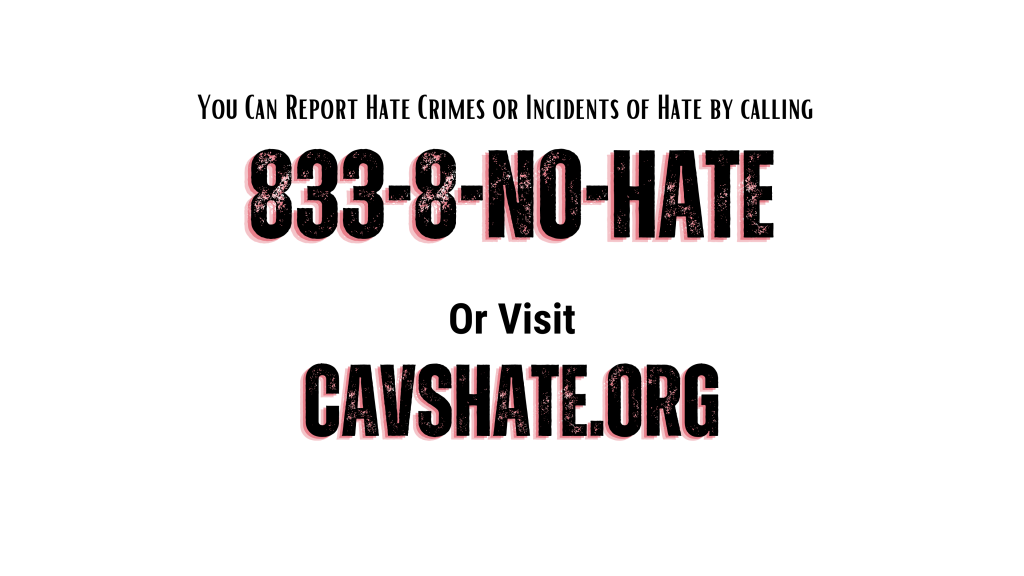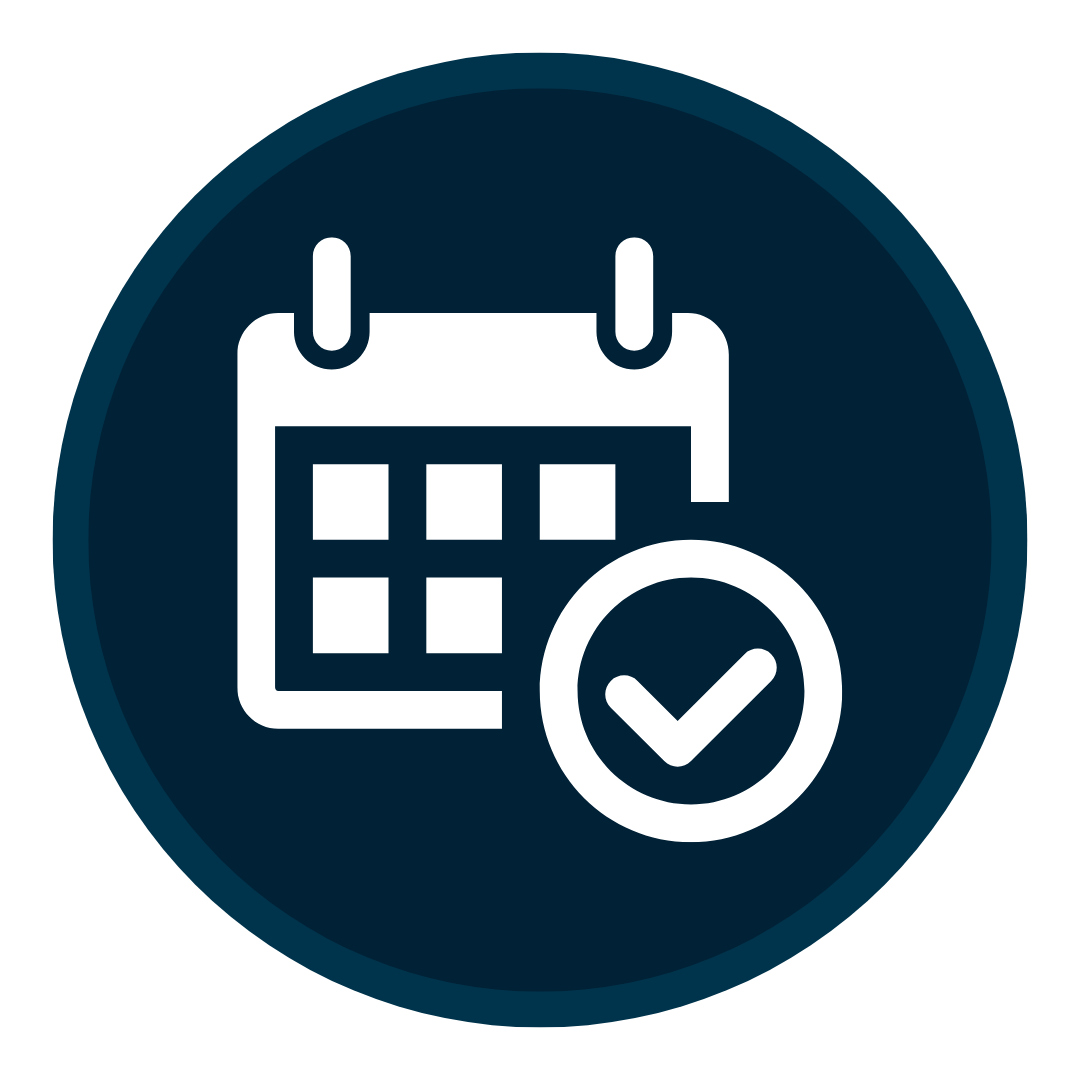Resources


The Importance of Reporting a Hate Crime
Hate crimes affect families, communities, and at times, the entire nation.
Why report hate crimes?
The Hate Crimes Reporting Gap is the significant disparity between hate crimes that actually occur and those reported to law enforcement.
It is critical to report hate crimes not only to show support and get help for victims, but also to send a clear message that the community will not tolerate these kinds of crimes.
Reporting hate crimes allows communities and law enforcement to fully understand the scope of the problem in a community and put resources toward preventing and addressing attacks based on bias and hate.







